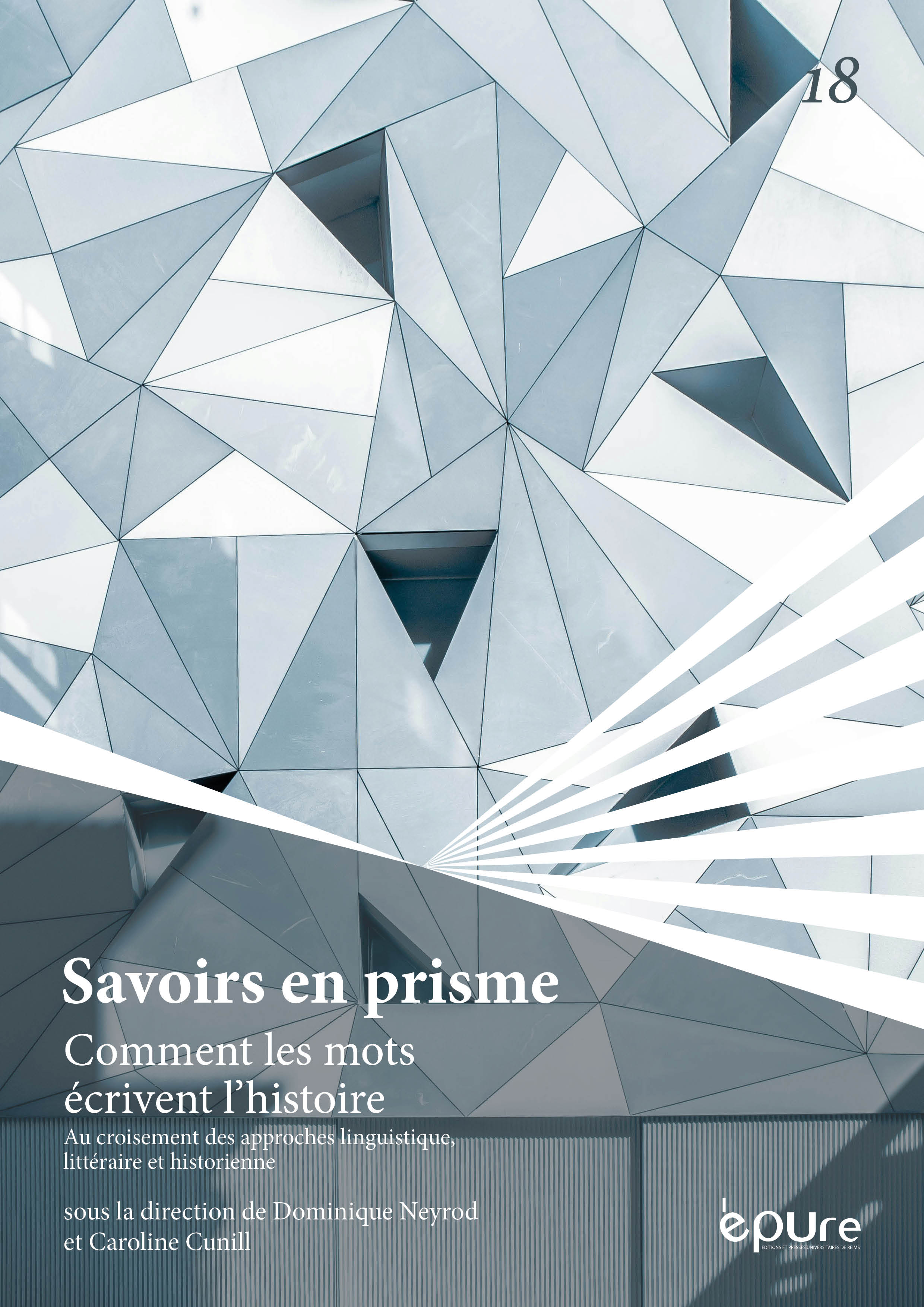À l’écoute de L’Autobiographie de Miss Jane Pittman
Ernest J. Gaines et l’écriture interférentielle de l’histoire
Abstract
The fictional writing of history as envisioned by Ernest Gaines in his work, and especially in The Autobiography of Miss Jane Pittman, can usefully be highlighted by the concepts of the linguistics of enunciation (Benveniste) and those of historiographical analysis according to Michel de Certeau. The essay highlights how these cross-fertilizations of fiction, linguistics and History interact in the text, but then goes beyond by isolating the specificity of the fictional writing of History that can be discussed in light of two concepts as developed by the author, namely intrinsic otherness and interferential writing. They will make it possible for the reader to better grasp the extent to which Gaines’s writing embraces the historical knowledge specific to the African-American community, whose revelation (long denied or distorted in the official historiography) aims to achieve collective self-analysis. What is suggested by the structure of interferential writing, which sets in tension and puts in music complex links between intrinsic (intrapsychic) and extrinsic (here socio-ethnic) otherness, is that there can be no collective self-analysis without subjective elucidation (in relation to the subject), and, conversely, the trauma, which is specific to each subject, must be interrelated with social (or community) suffering, the modes of expression of which may be unconsciously alienating yet politically emancipating.
Copyright (c) 2024 Rédouane Abouddahab

This work is licensed under a Creative Commons Attribution-NonCommercial-ShareAlike 4.0 International License.


